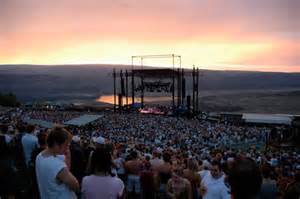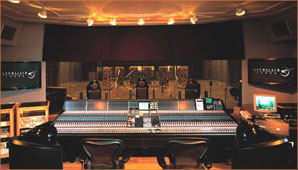I Hear Sleighbells in the Distance
I often ponder (as ponderers do) what Winter would be like without the holidays. It is a bleak and dangerous time of year. Car batteries die. Frostbite sets in. Houses feel like caves. There is one part of the season that brings a smile to my face; and that is Christmas. I love Christmas. I often hear that I can be a bit of a grump about people playing Christmas music in Early November or seeing Walmart commercials offering layaway months before Thanksgiving. The main reason I hold back my Yuletide joy is for reverence of Thanksgiving. What a wonderful holiday featuring heaps of food and football! It truly gets looked over by most, but not by me.
Thanksgiving this year is particularly special to me, for I will become an uncle for the first time. Little squirt is due in the next week and I am just busting at the seams to read to him. Family is so incredibly important and having my parents move thirty minutes away from me has made me a total sap. After four years of not knowing if we would be able to celebrate together, I can finally drive down to their house and not to their hotel.
Looking past Thanksgiving, I think about all the memories of the Christmas season. Many of those memories are tied to the music that surrounds us between the fourth Thursday in November until the 25th of December. Songs that give praise to God for the gift of his son and songs that paint a Rockwellian winter wonderland in our minds. No matter how you celebrate the holidays, it is truly a time of year when we are all on our best behavior, or at least once we have purchased that flatscreen from Best Buy at 3am and saved fifty bucks. The kids will get dressed up for Christmas Mass with no complaints, as long as the promise of Santa leaving them a little something on their living room floor was fulfilled.
People can get wrapped up in the giving and receiving of gifts, which isn’t the worst thing. Just because I may show my love for someone through my words, they may show it differently. I like getting people presents. It’s a fun way to get together and celebrate friendship and camaraderie. It’s a time to sing songs that we have been singing since we were kids terribly off-key. It’s a time to dress in a red turtleneck with the grandest sense of irony and jump in a hot tub. Okay, now the last one isn’t suggested, but fun nonetheless.
Holiday cheer is hard to escape, even for the most cynical of Ebenezers. My suggestion is to give into the tacky decorations, overabundance of carbohydrates, and any excuse to drink until merriment has been achieved. I love the holidays.




